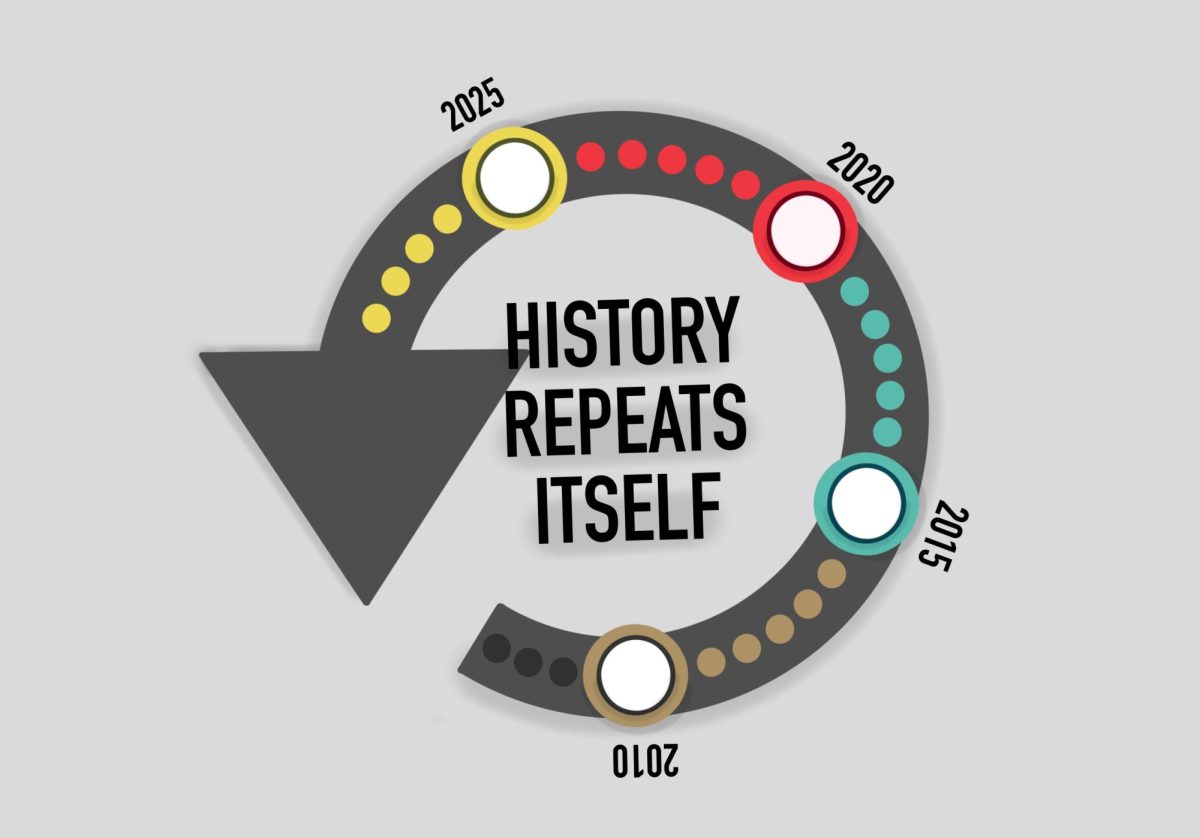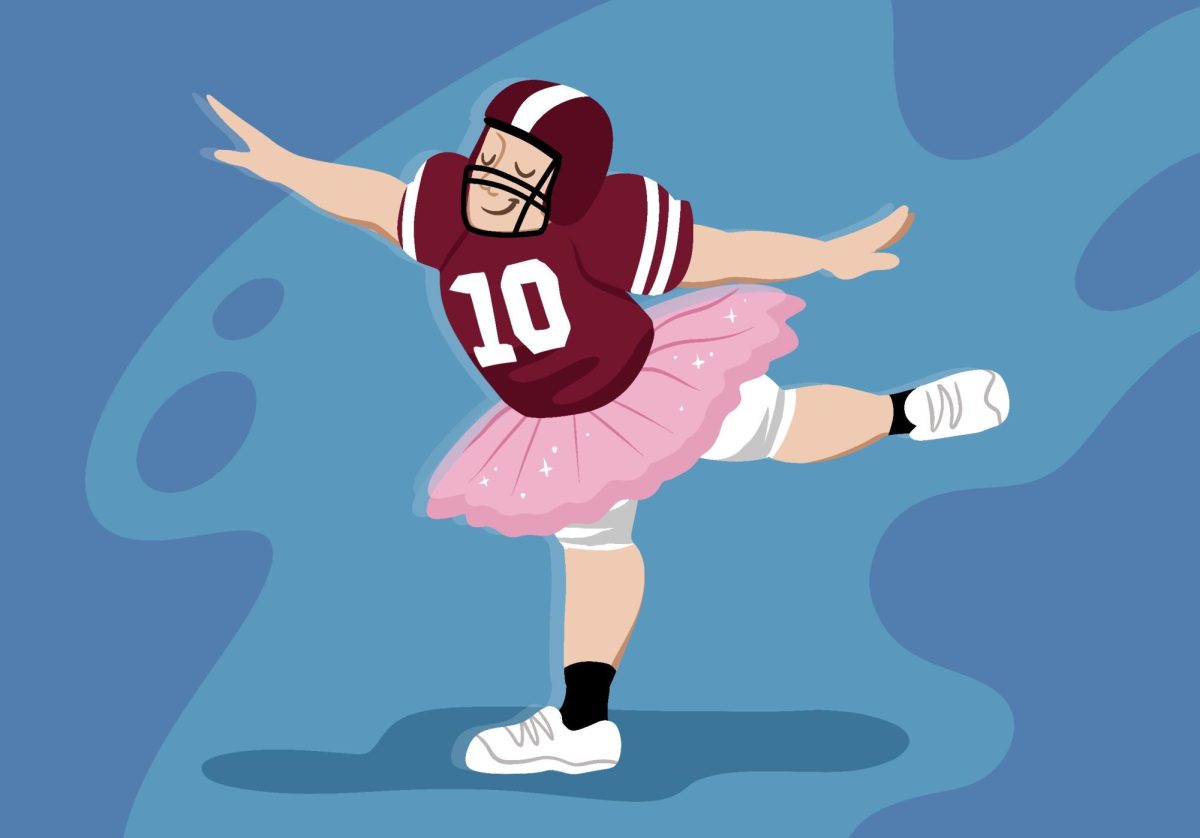On a whim, I picked the clarinet at the school music fair in fourth grade, and for the next eight years, I was a part of my school’s band programs.
In middle school, I stayed in band class so I wasn’t required to take another gym period. When I entered high school, it was so I could go on the band trip.
Whether it was by choice or happenstance, my clarinet and I were together for almost half my life.
Those first few years, it was just about making my sounds tolerable. Getting a solid note out of a clarinet is a combination of having the correct embouchure, finger positioning, breathing and reed strength. Even the three-note tune, “Hot Cross Buns,” was a nightmare to get through at first.
The thing about clarinets is that when you don’t get that right combination, they squeak — a lot. So when you make mistakes, you make them loud.
I learned from those first few delicate years that perhaps loud mistakes aren’t so bad after all. When mistakes are loud, you can hear them, and when you can hear them, you can fix them.
To be pushed from a young age to loudly mess up in front of your peers makes you more immune to doing it later on.
Evelyn Beyer, a second-year student and baritone player in the University of Minnesota marching band, said being in band allowed her to become comfortable with being uncomfortable.
“You’re getting into uncomfortable situations all the time,” Beyer said. “In band, there will be songs or parts where you have to stand out and stand on your own, and you have to be able to work through it.”
Beyer said being bad at something teaches you how to work at it.
“You can clearly hear when you mess something up,” Beyer said. “I had so many moments when I would hear myself and I would be like, ‘Oh, I have to work on that.’ I definitely spent a lot of time by myself trying to get better at things.”
Rory Schaefer, a second-year student and flutist in the Maroon Band, one of the University’s athletic bands, said working at your instrument can give you confidence.
“Band definitely plays into your confidence just because of the simple fact that it’s nice to be good at something,” Schaefer said.
Sooner or later, my squeaking slowed down. And so did everyone else’s. Once we could hear over ourselves, we could all start to hear each other.
Clarinets usually sit at the front of the band, closest to the audience along with the flutes and other woodwinds. Often, clarinetists are given the melodies of songs, but, contrary to my original beliefs, that doesn’t mean they are any more important.
A whole is always greater than the sum of its parts, and in the case of a band, our sound together was always greater than any combination of our instruments individually.
My melodies as a clarinetist would never sound as good without the French horns backing me up. As preteens and teens who had every reason to despise each other, we soon learned that we needed to rely on our classmates and peers to create anything worth listening to.
Not only did we have to work together, but we had to work together to create a piece of art.
Schaefer said bands hinge on working as a unit.
“It is a good way to be part of something that’s bigger than yourself,” Schaefer said. “You know that this song is something you’re participating in and that you quite literally matter. There are places where people depend on you and where you are needed.”
It is fun to be good at something individually, but usually, it is more fun to be good at something together.
In band, I learned to make loud mistakes. I learned about community. I learned to be good at being bad at things and to be OK with not being the best at something.
I learned how to get better.
If you hear yourself squeak, you can figure out how to fix it. If you don’t ever attempt the music, you’ll never know what you can make of it.















Drew Bromley
Nov 19, 2024 at 11:35 am
What a phenomenal piece! Great job